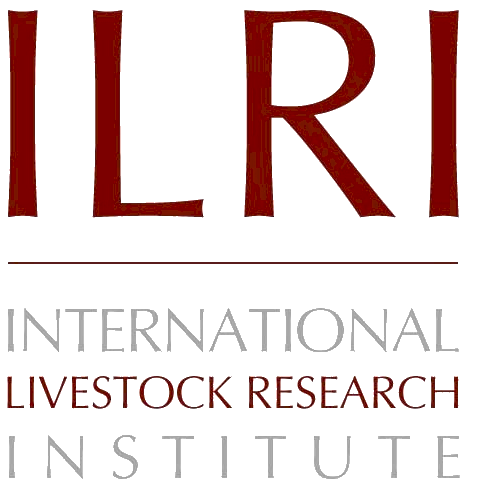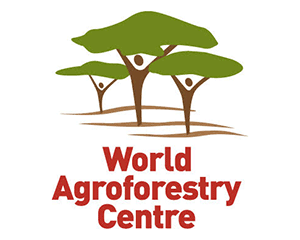
Abstract: Coproduction of biofuels with biochar (the carbon-rich solid formed during biomass pyrolysis) can provide carbon-negative bioenergy if the biochar is sequestered in soil, where it can improve fertility and thus simultaneously address issues of food security, soil degradation, energy production, and climate change. However, increasing biochar production entails a reduction in bioenergy obtainable per unit biomass feedstock. Quantification of this trade-off for specific biochar–biofuel pathways has been hampered by lack of an accurate-yet-simple model for predicting yields, product compositions, and energy balances from biomass slow pyrolysis. An empirical model of biomass slow pyrolysis was developed and applied to several pathways for biochar coproduction with gaseous and liquid biofuels. Here, we show that biochar production reduces liquid biofuel yield by at least 21 GJ Mg–1 C (biofuel energy sacrificed per unit mass of biochar C), with methanol synthesis giving this lowest energy penalty. For gaseous-biofuel production, the minimum energy penalty for biochar production is 33 GJ Mg–1C. These substitution rates correspond to a wide range of Pareto-optimal system configurations, implying considerable latitude to choose pyrolysis conditions to optimize for desired biochar properties or to modulate energy versus biochar yields in response to fluctuating price differentials for the two commodities.








